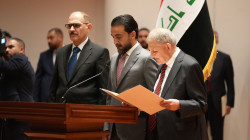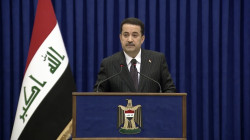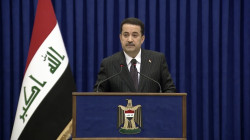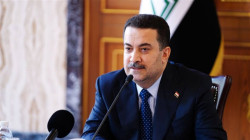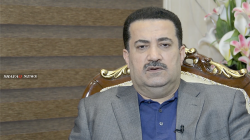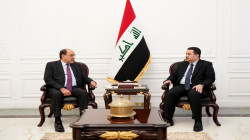New committee to look into freedom of expression bill
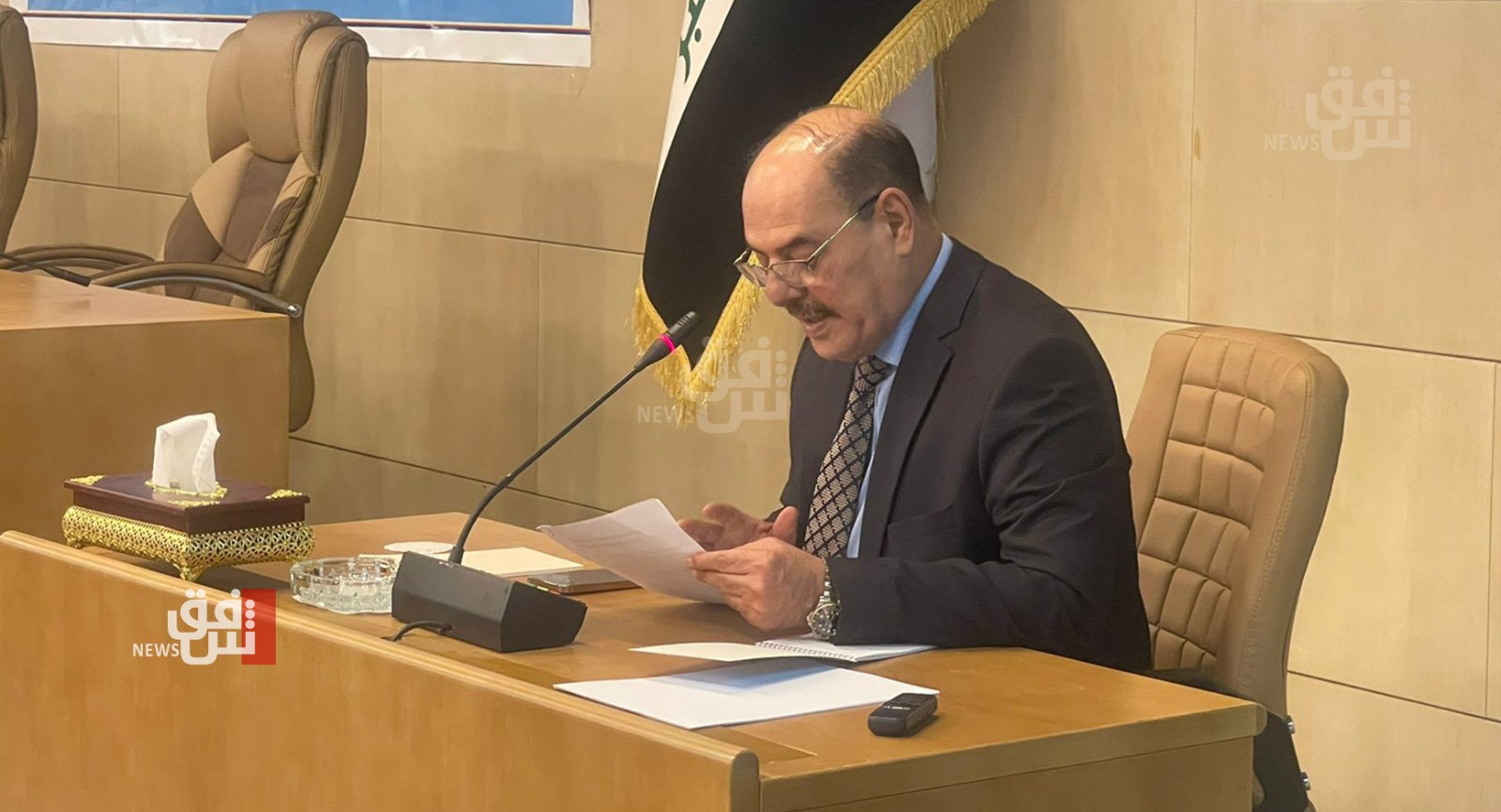
Shafaq News / Iraq's Prime Minister Mohammad Shia al-Sudani has formed a committee to study a bill on freedom of expression, assembly, and peaceful protest.
The announcement was made on Sunday by the Prime Minister's adviser for human rights, Zaidan Khalf, during a session at the House of Representatives to discuss the bill.
The committee, headed by Khalaf and composed of representatives from the Ministry of Justice, the Higher Commission for Human Rights, and the Cabinet's Secretariat, has been studying the draft law and has submitted its proposed amendments to the House of Representatives.
During the session, Muayad Al-Lami, head of the Iraqi Journalists Syndicate, criticized the current draft law, stating that it violates Article 38 of the Constitution. He further argued that the Constitution requires the regulation of the right to assemble and peaceful protest by law only, as stipulated in the third paragraph of Article 38.
He emphasized that freedom of opinion and expression is an absolute right that should be left to the courts to regulate, noting that the current draft law confuses the right to peaceful protest with public morality, which is not an absolute value.
Al-Lami highlighted the need to distinguish between the right to peaceful protest and acts that violate public order, stating that the judiciary should be responsible for upholding the Constitution and regulating the freedom of expression and peaceful protest.
He emphasized that the right to freedom of expression is guaranteed to all citizens and should not be subject to limitations except in accordance with the Constitution and the law.
Al-Lami pointed out that "Article 19 of the Universal Declaration of Human Rights in 1948 states that every person has the right to freedom of opinion and expression, which includes the right to hold opinions without interference and to seek, receive, and impart information and ideas through any media and regardless of frontiers. Similarly, Article 38 of the International Covenant on Civil and Political Rights of the United Nations in 1966 states that every person has the right to freedom of thought, conscience and expression, which includes the freedom to seek different circumstances of information and ideas, receive and convey them without regard to borders."
"Iraq ratified the Universal Declaration of Human Rights and acceded to the International Covenant on Rights in Law No. 193 of 1970, which means that these two international documents have legal force in Iraq and are related to internal legislation that is still valid and binding for authorities, courts, and judiciary that apply these texts, although the drafts contained therein have experienced significant regression and do not comply with international standards even after amendments", he concluded.
